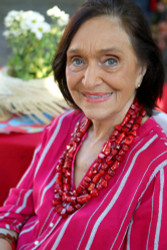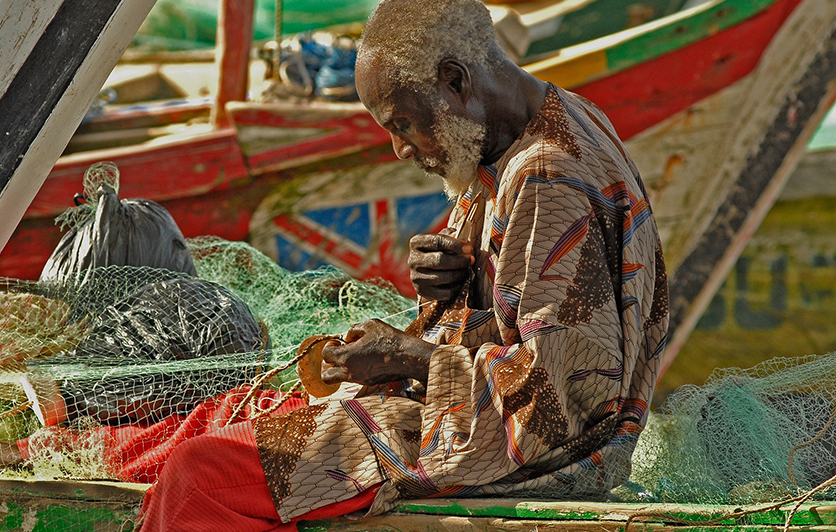-
Home
- Home Goga
- Goga

Goga
"I belong to a generation in which to be an artist ? especially for women ? was not considered a good thing. Art was associated with the bohemian lifestyle and with environments where women were not held in high regard. I was accompanied by my father in my first experiences with drawing and, as a teenager, I took a few classes. <br><br>
"When I got married and had children, it created a gap in my learning process. I returned to the study of art in 1970, at the School of Visual Arts in Parque Lage in Rio de Janeiro. At first, my family was not too comfortable with me taking classes, and I was older than most all of the students. But it was an important and revealing experience. <br><br>
"From then on, I never stopped learning and pursuing my interest in art. I achieved a free form of personal expression in the classes of Professor Aluizio Carvao at the Museum of Modern Art in Rio de Janeiro. <br><br>
"I define my style as contemporary figurativism and I like to focus on themes related to ecology in a romantic sort of way. I'm not accustomed to sketching out my works before painting; I just create the forms with the brush as I go. The colors I use are also unique ? many times I mix the blue and yellow to create my own green instead of using the green from the tube. <br><br>
"In 1975, after I recovered from a surgery, I discovered the pleasure of sculpting ? to form a piece from clay is delicious. In just one week, a work could be completed, much less time than the weeks or months it would take me to complete a canvas. When I paint a canvas, I know that I am creating a work for someone else. An artist never creates for him or herself. <br><br>
"Knowing that someone else identifies with something I created gives me tremendous sense of satisfaction. I hope to be able to reach more people and that my art will be recognized." <br><br>
In 1976, Goga won a bronze medal in the Brazilian Association of Fine Arts. She took a merit trophy of honor in the VII Fine Arts Salon of the Escola Superior de Guerra in 1999 in Rio de Janeiro.


